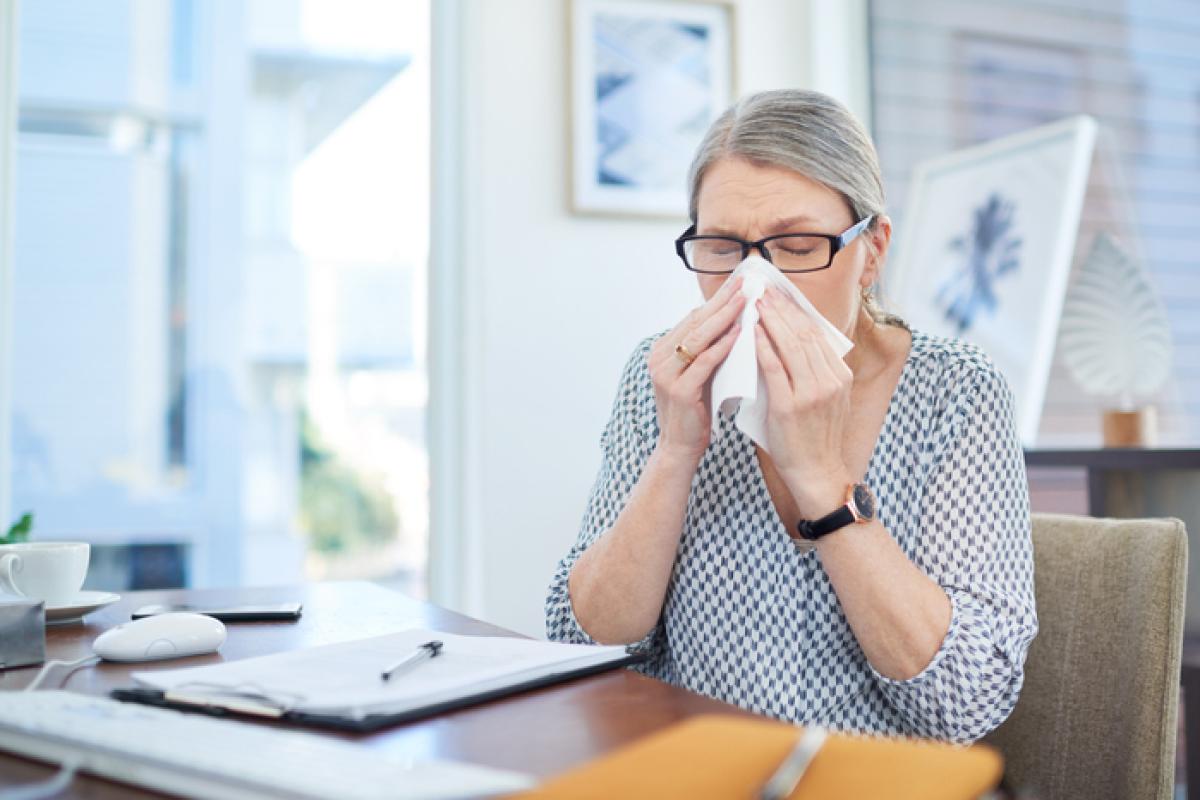For Leicester City Service Providers
Leicestershire County Council doesn’t provide an Infection Prevention and Control service to providers within Leicester City. The Leicester City Infection Prevention and Control Team can be contacted on publichealth@leicester.gov.uk
Evidence-based guidance and best practice information for Leicestershire and Rutland’s health and social care providers on all areas of infection prevention and control.
Contact us
Our Local Authority Infection Prevention and Control Service (LAIPCS) can be contacted by:
- Email: infection@leics.gov.uk
Other useful contacts
UK Health Security Agency (formally Public Health England)
Nurseries, schools, and higher education settings - when seeking advice about suspected or confirmed notifiable infection (measles, whooping cough, scarlet fever, etc.), please report these to UKHSA. See the list of notifiable conditions
- Telephone: 0344 225 4524 option 1 (available 24/7)


